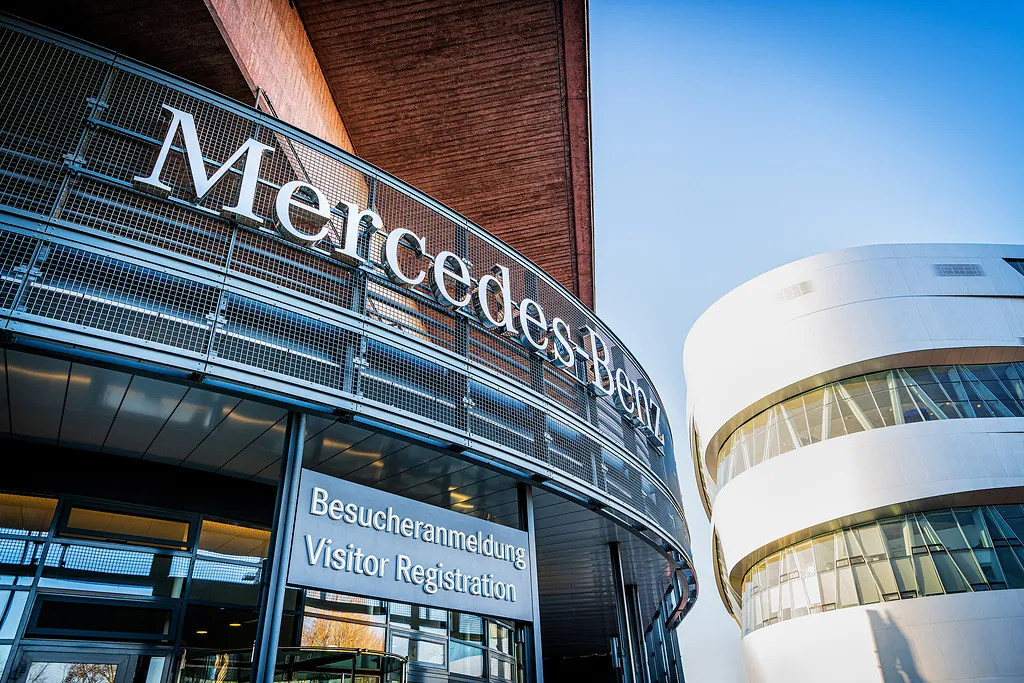Due to economic uncertainty, Mercedes-Benz Group forecast lower earnings this year despite exceeding analysts' expectations on Friday.
According to the company's forecast, sales of cars will rise around 4% over last year, but remain 8% below pre-pandemic levels, as Germany's auto association predicts.
It was reported today that the company has achieved its forecast of an adjusted return on sales of 13%-15% in the cars division for the year 2022, resulting in a margin of 14.6%.
Even though sales at Mercedes-Benz Cars are expected to remain the same in 2023, it forecast a smaller adjusted return of 12%-14% on sales.
“Apart from semiconductor shortages, we had to deal with an energy crisis in Europe and a little stop and go in China due to Covid in 2022,” Ola Källenius said to Trade Algo, “however noting that the full-year financial results were “remarkably robust.”
“According to our forecast, the supply chain constraints should ease gradually by 2023. Although we are not out of the woods completely yet, we expect things to improve,” he added.
However, he noted that the company is "very aware" of macroeconomic conditions. According to him, we should watch how the economy performs in the main markets as interest rates rise.
It is estimated that about 50% of the company's annual portfolio is financed, meaning that higher rates would have an effect. This effect was less pronounced at the top end of the market, however.
Inflation, according to Harald Wilhelm, made reducing costs as planned "not an easy task," but the company intends to reduce costs by 20% from 2019 levels by 2025.
The stock traded at 74.13 euros at 0845 GMT, up 2.1% from Thursday's closing price.
The supply chain bottlenecks at competitor Volkswagen resulted in lower net cash flow than targets despite earnings at the upper end of the company's target. Additionally, VW reports that shortages in key components will persist through 2023 due to a weak economy.
Due to its focus on top-end sales, Mercedes-Benz was able to boost margins despite rising costs, unlike its volume rival. Mercedes anticipates another slight rise in these costs this year.
In its industrial business, the company reported an adjusted free cash flow of 9.29 billion euros, 8% lower than last year, as it committed to buy back shares by 2025.
In their report, Trade Algo analysts said the share buyback was "another important step" in the company's efforts to become the "most competitive luxury auto company in the market", offering the highest dividend payout ratio and best share repurchases.
In total, Mercedes-Benz plans to pay out 5.6 billion euros in dividends, an increase from 5 euros in 2016.
Analysts polled by Refinitiv expected 5 billion euros in earnings from the company in the fourth quarter.

Subscribe to our newsletter!
As a leading independent research provider, TradeAlgo keeps you connected from anywhere.








